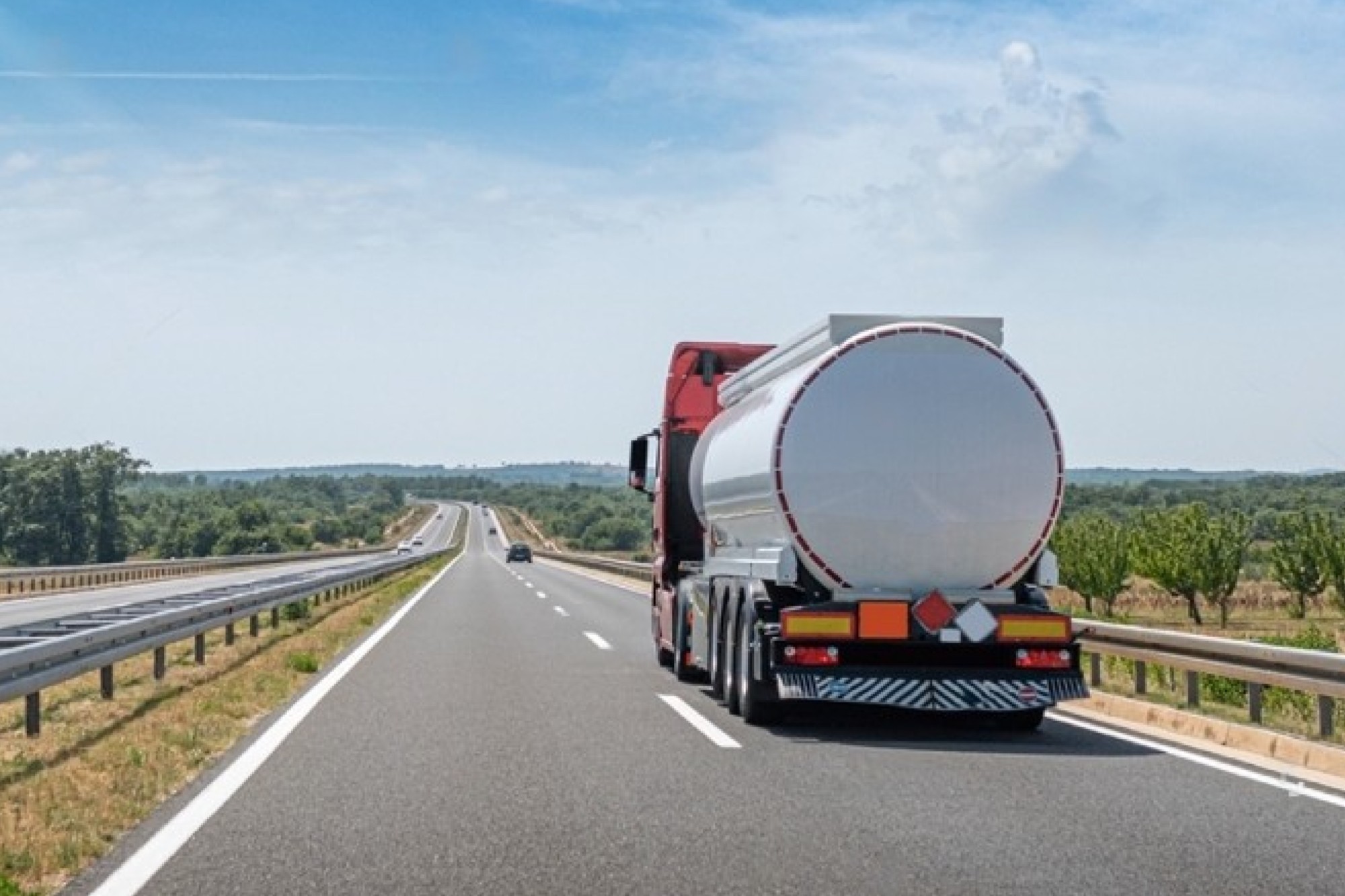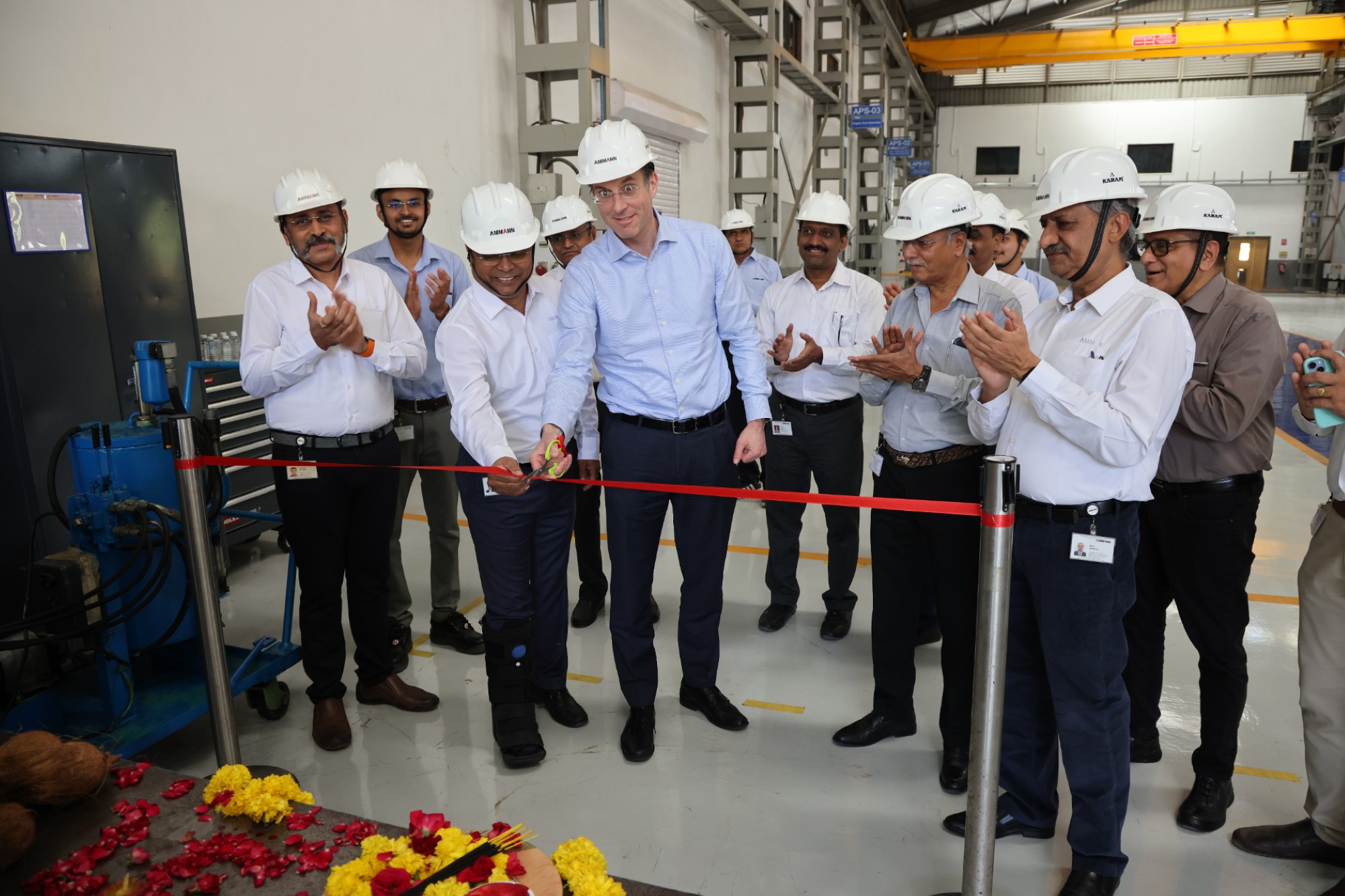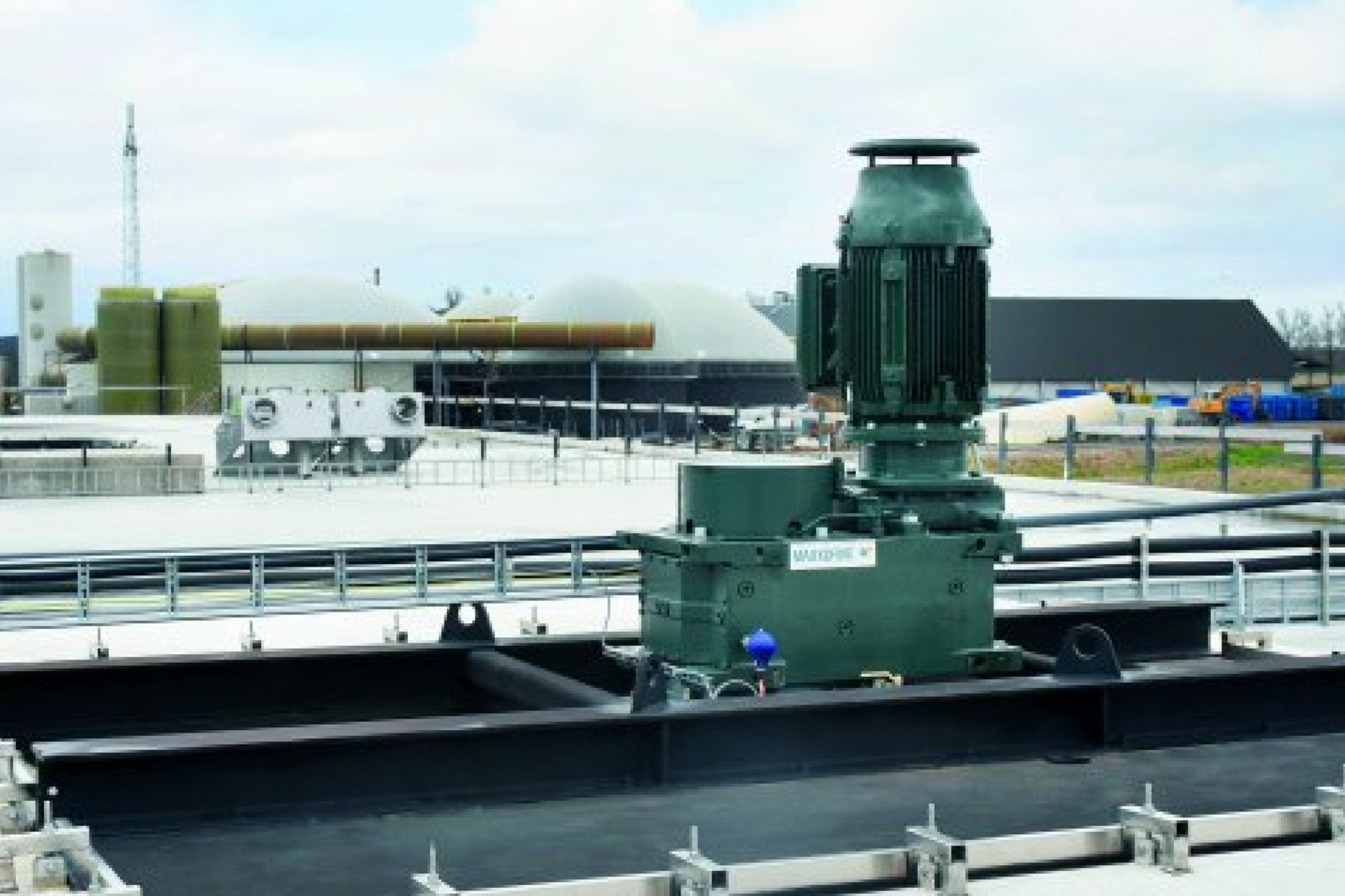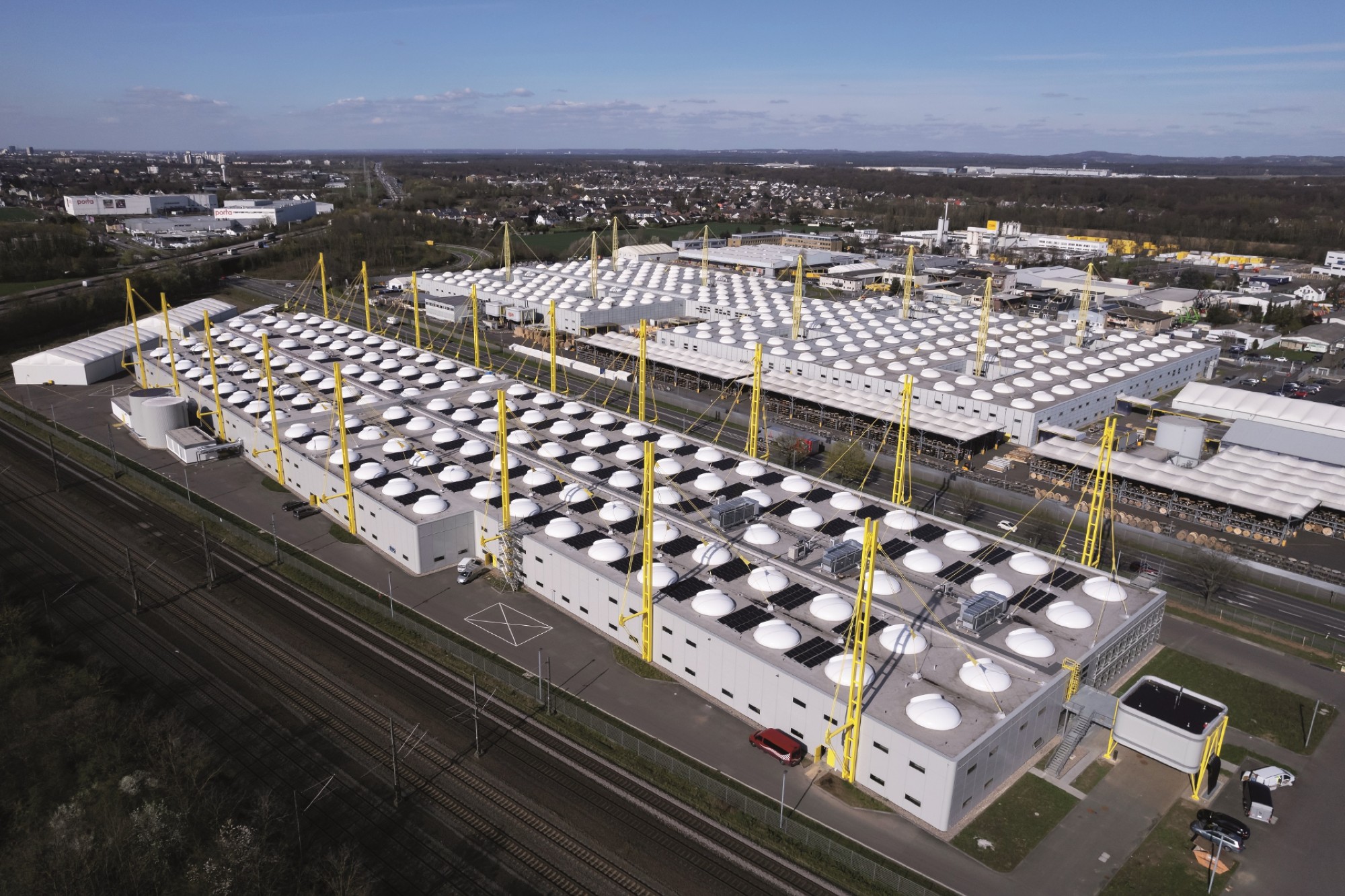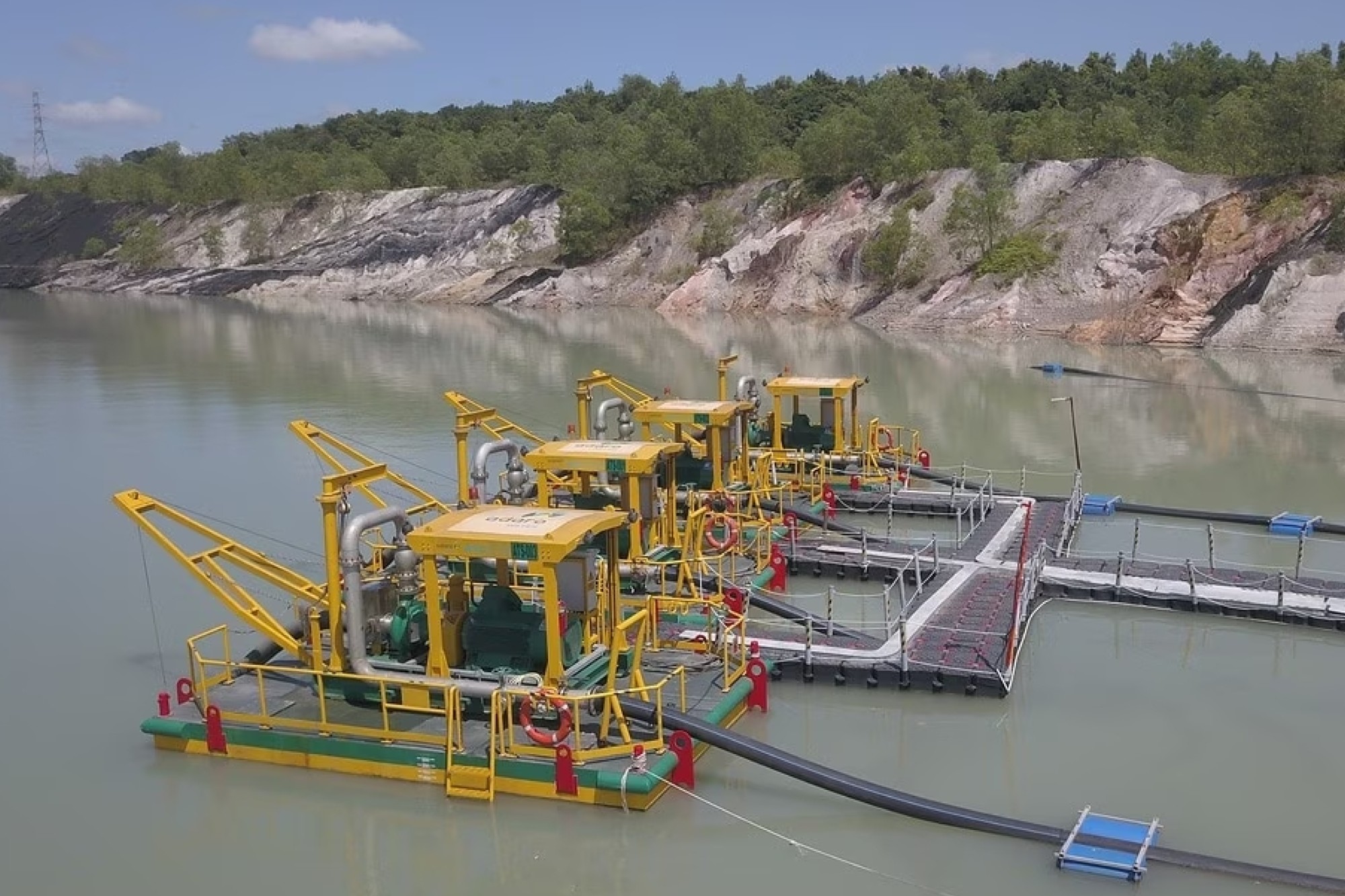Pallets keep the automotive supply chain robust
By OEM Update Editorial December 15, 2023 7:20 pm IST
India’s automotive industry is evolving, emphasizing the critical role of logistics in its expansion. Streamlined supply chains and palletization, led by companies like EXZOD India, drive efficiency and market responsiveness.
The automotive sector in India is actively expanding its market presence, recognizing the crucial role of a well-optimized logistics network in achieving this goal. A streamlined and flexible supply chain becomes essential in today’s fiercely competitive business environment marked by evolving customer expectations and intricate global supply chains. Within such a supply chain, pallets are fundamental for efficient operations. A robust logistics-supported supply chain aims for increased palletization in the automotive industry to meet its ongoing demands.
For EXZOD India, a prominent pallet manufacturer offering sales and Annual Maintenance Contract (AMC) services, palletization translates to reduced damage risks and a higher proportion of ready-to-assemble components, facilitating quicker launches of passenger cars. Palletization significantly aids mass production plants, simplifying part movement from one location to another.
According to Nitin Kalla, founder and MD of EXZOD India, “We have vast experience in managing complex supply chains across various end markets and are well-poised to handle the requirements of the automotive industry. We provide integrated solutions backed by technology, ensuring operational excellence through continuous improvement initiatives. Sustainability is key to our approach as we strive to contribute to a greener and more responsible future.”The impact of an efficient logistics-supported supply chain is substantial. Pallets foster seamless coordination among automotive manufacturers, suppliers, and dealers, enhancing operational efficiency and responsiveness to market fluctuations. A streamlined supply chain empowers the Indian automotive industry by reducing lead times, optimizing inventory, and swiftly adapting to market changes. It also supports cost-effective transportation, storage, and distribution of vehicles and spare parts, enabling competitive pricing. Moreover, a well-structured logistics system promotes eco-friendly initiatives, reducing the industry’s environmental footprint.
The Indian economy is projected to thrive on domestic demand and investments despite global uncertainties, as stated in the Economic Review by the finance ministry’s Department of economic affairs (DEA). Post-pandemic, the automobile industry gained momentum due to increasing demand and government incentives like the Production Linked Incentives (PLI) scheme, FAME II, and EV-specific state policies.
Cookie Consent
We use cookies to personalize your experience. By continuing to visit this website you agree to our Terms & Conditions, Privacy Policy and Cookie Policy.



